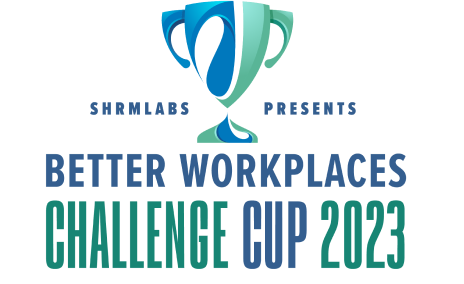Change affects your people.
Not the systems. Not the processes.
Not the Excel sheets.
Your people want clarity.
Being heard and taken seriously. That’s where soft skills make the difference.
What are soft skills – and why do they matter?
Soft skills are behavioral skills. Think listening, giving feedback, collaborating, taking initiative and dealing with change. They determine how a person communicates, makes decisions and collaborates.
Helpful tip:During a consultation, ask yourself:Who talks the most here?If it is always the same person, something is going wrong in the balance of soft skills.
What’s in it for you?
Soft skills determine how teams handle change.
Teams with good communication shift gears faster. Leaders who listen and explain clearly avoid noise, frustration and passive behavior.
People feel involved. They dare to share doubts. They take initiative. That accelerates change – precisely because you take resistance seriously.
“Change does not break down on plans, but on people not being heard.”
McKinsey research shows that organizations that actively focus on effective communication, leadership and employee engagement triple their chances of successful and sustainable change compared to those that do not focus on this.
How do you recognize strong soft skills in practice?
Pay attention to behavior and atmosphere:
- Team members talk openly.
- Managers ask, “What do you need?” instead of: “What’s the status?”
- There is room for doubt as well as ownership.
Soft skills you don’t see on paper, but you feel them in the culture.
Why are hard skills not enough?
Making a schedule is easy. But getting people on board? That’s the real work.
Change rarely runs aground on technique. It does on emotions: frustration, uncertainty, resistance.
Soft skills make those emotions negotiable. They create psychological safety. That opens the door to behavioral change – and thus to results.
👉Try this tomorrow:in your team, ask not“What should we do?” but“What are you getting stuck on?”You’ll get surprisingly honest answers.
Soft skills train you. Always.
Just like a muscle. Practicing. Making mistakes. Asking for feedback. No one is born a perfect communicator or leader. It’s work. Human work.
Common objections and the honest answer.
“But you can’t train soft skills, can you?”
Everyone can learn to listen better, ask questions, name tension. It’s not higher math. You just have to have the courage to do it.
“We need speed, not emotional stuff.”
For this very reason. Nothing slows down like turmoil.
10 minutes of listening prevents three weeks of resistance.
Change without connection? Goes slow. Or goes wrong.
Two examples of soft skills in action
- 1) Checking in with color
At one large organization, every meeting started with one simple check-in question: “Are you green, orange or red?”
The result: instant insight. Doubts were put on the table. The atmosphere became more open. Decisions followed more quickly.
- 2) Questions in the workplace
I was still green behind my ears. My supervisor asked, “What would you do?
I explained my idea. He said, “Then that’s what we’ll do.”
Slight panic: what if it goes wrong?
“Then you learned a lot,” he said calmly.
That made me dare more. It brought out the best in me.
And now?
For the next change, don’t just ask: What is the plan?
Question also:Who will make this happen? And what do they need to do so?
Soft skills are not an afterthought. They are peripheral.
Train them. Practice them. Set a good example.
Our coaches help with that. Because people make the difference.
“People don’t remember what you said. They remember how you made them feel.”
See how our coaches guide your team: https://inukacoaching.com/nl/voor-medewerkers
Sources used
McKinsey (2023):“The State of Organizations”report–highlights the importance of human skills such as communication, adaptability and resilience in change processes.
→ Source https://www.mckinsey.com/capabilities/people-and-organizational-performance/our-insights/the-state-of-organizations-2023
World Economic Forum (2020-2025 Skills Outlook):Soft skills such as complex problem solving, critical thinking and emotional intelligence are identified as top priorities in a rapidly changing economy.
→ Source https://www.weforum.org/reports/the-future-of-jobs-report-2020
Harvard Business Review (multiple articles on change management):Emphasize that successful change rarely fails on technique, but often on behavior.
→E.g. https://hbr. org/2020/05/what-leaders-need-to-know-about-organizational-change







